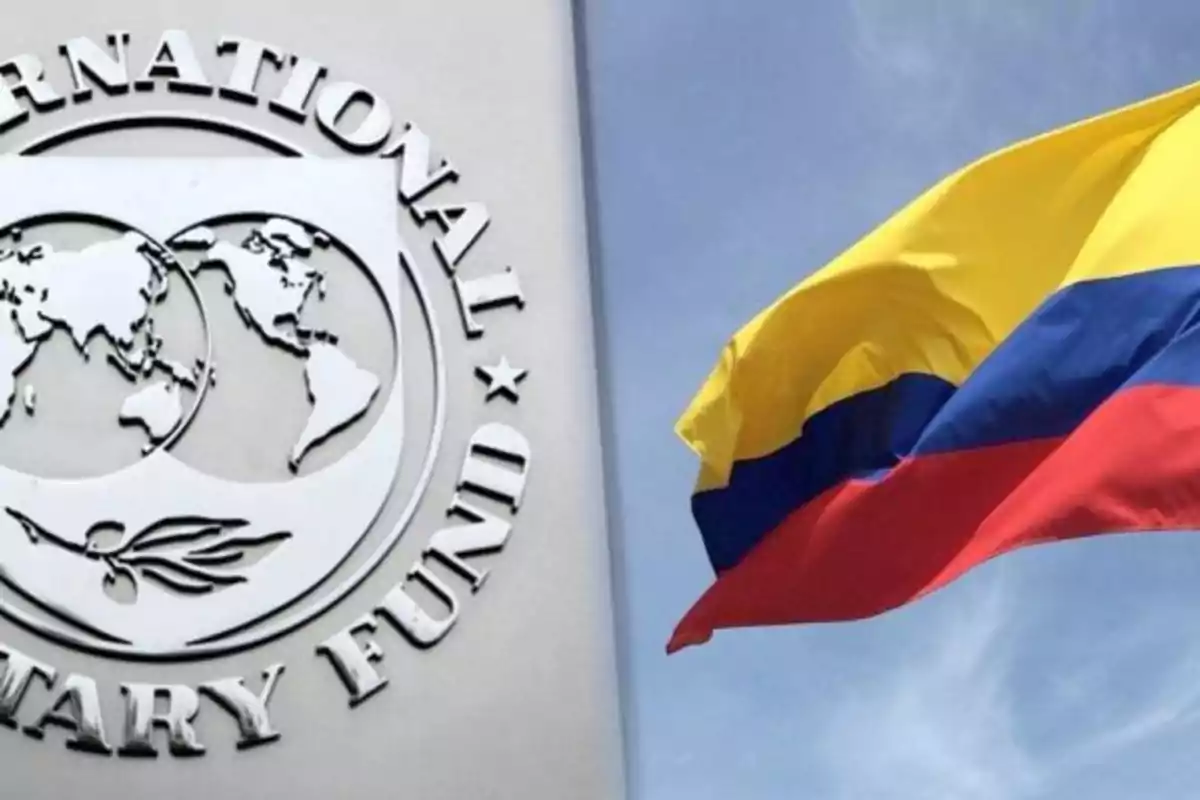
The IMF punished Colombia: it suspended the Flexible Credit Line
Faced with a lack of fiscal discipline and in contrast to Argentina's management, Colombia was suspended by the IMF
Last Saturday, the IMF announced the temporary suspension of the Flexible Credit Line (FCL) it maintained with Colombia, a tool the South American country had obtained in 2009 thanks to its then-solid economic policy. The organization communicated that Colombia's permanence in the FCL is now subject to the completion of the Article IV consultation and a subsequent interim review. Although the suspension doesn't imply a definitive withdrawal of support, it does reflect growing concern about Colombian macroeconomic stability.
The IMF warned that "liquidity constraints contributed to an accumulation of large budgetary arrears (2.8% of GDP)", which amounts to about 48 trillion pesos considering a Colombian GDP of 1,700 trillion pesos in 2023. Additionally, the report revealed that "deficits and public debt have increased more than expected", noting that the central government's overall fiscal deficit reached 6.7% of GDP in 2024, compared to 4.2% of GDP in 2023 and 1.1 percentage points above the official target set in the medium-term fiscal framework. All this despite fiscal adjustment efforts toward the end of last year.
So far, the Ministry of Finance of Colombia has not issued an official statement on the steps to follow. Technical meetings between Colombian authorities and the IMF are expected to define the future of the financial relationship.

IMF: a different outlook for Argentina.
In its latest World Economic Outlook (WEO) report, the organization ruled out any negative impact on Argentine growth despite the recent tariff barriers imposed by the United States. In fact, the IMF reaffirmed a growth projection of 5.5% for Argentina's GDP in 2025 and estimated controlled inflation between 18% and 23% annually, figures unthinkable just a year ago.
According to Petya Koeva-Brooks, director of the IMF's Research Department, "we still maintain the 5.5% improvement for Argentina. And this is related to the positive surprises we've seen despite a very strong fiscal adjustment. I believe the recovery of confidence has greatly influenced this forecast", in a clear allusion to the solid foundations of the economic plan promoted by President Javier Milei.

The global economy, meanwhile, is going through difficult times. The IMF projected that global growth will be just 2.8% in 2025, below the previously forecasted 3.3%, affected by the rise of trade protectionism—especially after the series of tariffs applied by Washington in April 2025, which brought tariffs to their highest level in more than a century.
Despite recognizing significant global risks—such as trade volatility, geopolitical tensions, and uncertain capital flows—the IMF highlights that those countries that restore their fiscal space, implement deep reforms, and maintain prudent monetary policies will be able to weather the storm.
More posts: